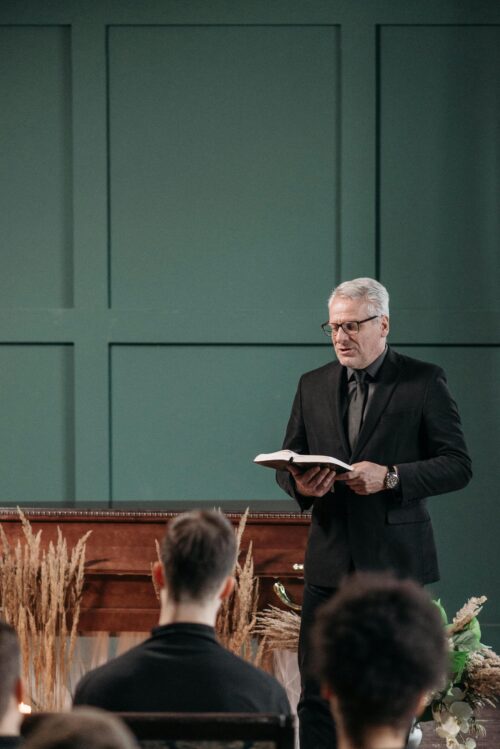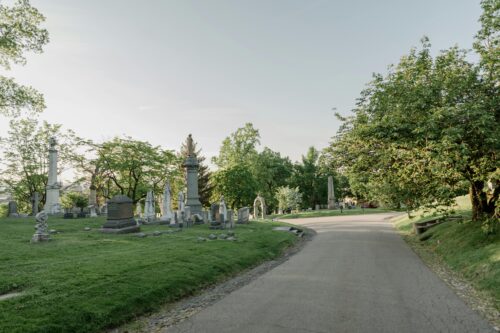Welham Jones
https://welhamjones.co.uk/wp-content/themes/welham-jones/img/logos/supersonic-playground-logo.png
300
80
Welham Jones
What are the certificates issued after a death in the UK?
In the UK, several different certificates are issued following a death, each serving a distinct purpose. Understanding them can help make the process less overwhelming.
Medical Certificate of Cause of Death (MCCD)
This is issued by the attending medical practitioner; the doctor who cared for the person in their final illness and is familiar with their medical history. It states the cause and time of death and is essential for registering the death. Without it, the Registrar of Births, Deaths and Marriages cannot issue other necessary certificates. According to UK Government guidance, the MCCD must be completed promptly: within five days unless the coroner is involved.
Certificate of Registration of Death (BD8)
Commonly known as the “white form,” this free document is used to inform the Department for Work & Pensions (DWP) to stop pension or benefit payments. The registrar will provide it, and you can either post it or take it to your local Jobcentre.
Certified Copy of an Entry of Death
This is what is known colloquially as the “death certificate,” and is a certified copy of the official register entry. It serves as legal proof of death and must be purchased — currently £12.50 per copy. Unfortunately, as these are legal documents, copies must come from the registrar and photocopies are not accepted.
Certificate for Burial or Cremation (“green form”)
Issued free of charge by the registrar, this authorises burial or cremation. The registrar will email it directly to your chosen funeral director, as the funeral cannot proceed without it. If the coroner is involved, a different form will be issued.
Interim Certificate of the Fact of Death
If there is to be an inquest, the death won’t be registered until after it concludes. In the meantime, the coroner will provide an interim certificate, which can be used instead of the death certificate.
What does each of them do?
The MCCD is the starting point. Without it, you cannot legally register the death. Once provided to the registrar, it triggers the issue of the other relevant documents.
The BD8 form ensures pensions and benefits are stopped, and the certified copy of the death certificate is the official legal proof of death. It is required for:
- Estate administration and probate
- Closing bank accounts and pensions
- Claiming life insurance or investments
The green form allows burial or cremation to go ahead, whilst the interim certificate is a temporary legal document where a coroner’s investigation delays formal registration.
Which ones do I need?
Fortunately, most families only have to concern themselves with two key documents:
- The BD8: It is the family’s responsibility to send this to the DWP quickly or use the government’s Tell Us Once service to notify multiple departments at the same time. We say quickly, as a delay in informing the DWP, could result in overpayment, which will have to be reimbursed, often out of your loved one’s estate.
- Certified copies of the death certificate: This is required for needed for most legal and financial matters and your solicitor will expect you to have it in order to organise probate proceedings.
Fortunately, if you name a funeral director when registering the death, you shouldn’t have to handle the green form yourself; the registrar will simply send it straight to your funeral director, and they will handle everything else for you. Equally, the medical certificate is most often sent directly from the doctor to the registrar, though you may be asked to ensure it has been issued.
How many copies should I get?
That’s the age old question isn’t it? A bit like asking how long a ball of string is, there is no one particular answer, however certified copies of the death certificate are the most important form for families, so it’s often wise to order several copies at the time of registration. At £12.50 each, they are essential for:
- Managing the estate and probate
- Property and asset transfers
- Closing or transferring accounts such as those with
- Phone, gas and electricity providers
Some organisations will return the certificate after processing; others will not, so having multiple copies can save time and stress – six copies is usually a good amount to request.
Understanding which death certificates you need — and why — can help you navigate the process more smoothly and focus on celebrating your loved one’s life.






